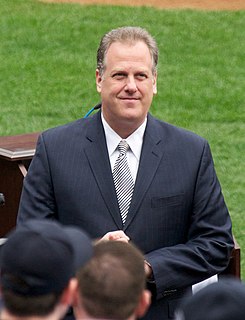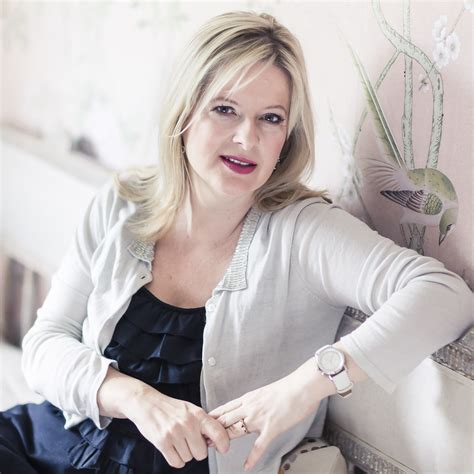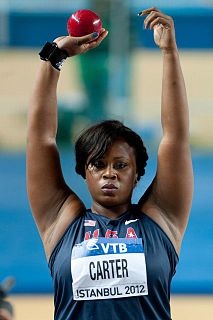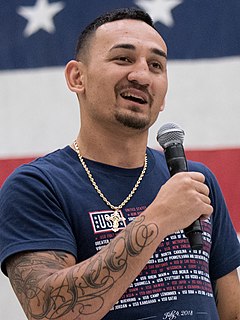A Quote by Dhanush
Wherever I went, I became a son-in-law. It was a terrible phase for me. I had to work double hard to get back my identity. Whenever I gave an interview, the first question would invariably be, 'What is it like to be his son-in-law?' Now that question comes somewhere in the middle of the interview. Hopefully, soon, it won't be asked at all.
Related Quotes
Curiosity and listening [are the principles to an excellent interview]. I never go into an interview with a dedicated list of questions in which I will not deviate. You must be curious about the subject and listen to his answer and ask the next question off that rather than the next question on your list.
I would say this, I'll go back to those black ladies I was talking about who love them some Barack and love Michelle even more - and by the way, they are not middle-aged anymore, because I'm now middle-aged. So they're a little bit older. As fervent as they were, as excited and happy as they were when I was elected, they had to go to work the next morning. They still had trouble paying those bills. They might have still had a son who was in trouble with the law or couldn't get a job because of a felony record. They didn't stop being grounded.
My son was about five or six months old, and he was ill, and I was sent to New York to interview three people back to back. I got home, and I saw my baby. He had been very ill, and he was on three kinds of antibiotics. I'd been away for eight days. I looked at him and thought, 'What am I doing? I'm a terrible mother and a terrible journalist.'
Ace of Spades says that this became clear to him in a revelation one night. He was watching Chris Matthews interview [Barack] Obama, and he didn't get one question! He didn't ask Obama one question about how Obamacare works. Every question was one degree or another: How do you feel about [John] Boehner opposing it? How do you feel about it? What will make you happy? Do you think you can get it? [It] was irrelevant!
I was spurred by the fact that having worked for women's magazines myself as a journalist, if you go off and interview a female celebrity, I'd just go in and interview them like I'd interview any human being and talk about the things that interested me. And you'd come back, and you'd file your copy. And then my editor would read through my copy and go, why haven't you asked them if they want kids? And I'd be like, well, I don't know, I interviewed Aerosmith last week. And I didn't ask them that.



































